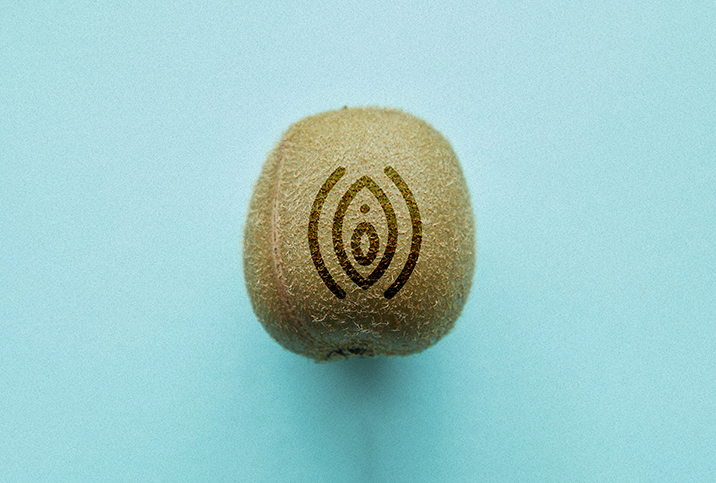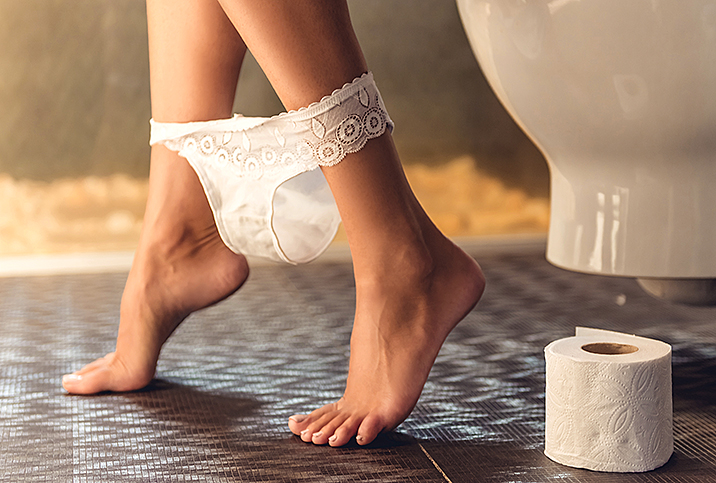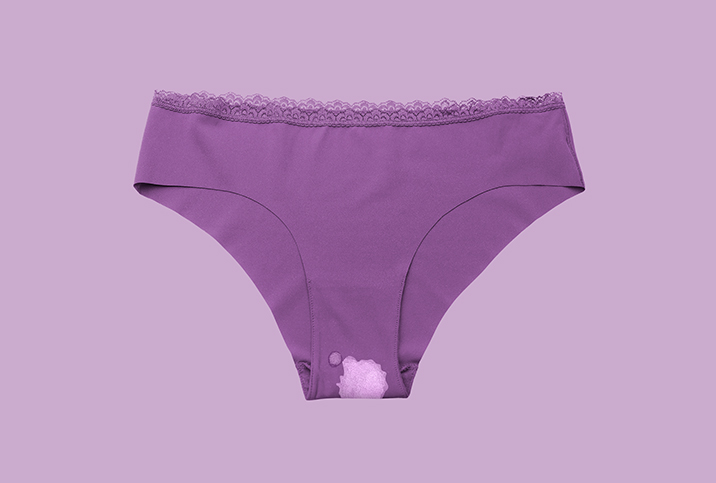Your Vagina (Probably) Smells Fine

Every vagina has a scent, but knowing what's normal and what's not can be hard to distinguish.
Social media ads for scented vaginal washes and wipes can give the impression that the vagina needs to be "cleansed," when in reality, washing your vagina with water is enough to keep it healthy without disrupting the normal pH.
Many factors can influence the smell of your vagina, and most of the time, it's completely normal.
Why do vaginas smell?
A combination of discharge, as well as normal bacterial flora that lives in the vagina, can contribute to the scent, explained Sarah Yamaguchi, M.D., a Los Angeles-based gynecologist at DTLA Gynecology.
While vaginal discharge can be present at any point during the menstrual cycle, many people see an increase at the time of ovulation or in the lead-up to ovulation. Healthy discharge is usually cloudy, milky or clear in color, and generally has a mild, musky scent.
The smell of your vagina varies greatly depending on where you are at in your menstrual cycle. During and just after menstruation, you may notice a coppery odor, and this can vary from mild to strong. Blood contains iron, which gives it that familiar metallic scent—and it's completely normal.
Another factor that can change the smell of the vagina is sweat. The vagina doesn't produce sweat, but the vulva does.
If you sweat a lot, the most common reasons are exercise, synthetic underwear, pubic hair (or lack of) and certain health conditions. This smell usually occurs when bacteria mix with your sweat. It doesn't often signal any problems unless the sweating is excessive and you're changing your underwear multiple times a day. If that's the case, a trip to the doctor is advised.
What isn't normal
"Contrary to what society would have you believe, your vagina is not supposed to smell like a bouquet of roses," said Angela Jones, M.D., award-winning and board-certified OB-GYN in Monmouth County, New Jersey. "[But] if you feel as if your vagina is releasing a strong, foul odor, this likely isn't normal and could be a sign of infection."
Bacterial vaginosis is an infection of the vagina caused by an overgrowth of bacteria. One of the main signs is a strong, fishy odor alongside unusual discharge. You may also experience itching and pain in or around the vagina. On the other hand, if you notice a bready smell and discharge with a cottage-cheese-like texture, you're likely experiencing a yeast infection.
Other symptoms to be wary of include:
- Burning pain while urinating
- A sudden change in the color or consistency of discharge
- Excessive amounts of discharge
- Changes in odor, particularly if it's strong-smelling
- Vaginal rash
- Swelling of the vulva
- Pain or discomfort during sex
Any of these symptoms could signal an infection or another medical health issue that needs to be investigated by a healthcare professional. In many cases, prescription medication is required, so don't attempt to self-treat the condition at home.
What to avoid
While some factors are out of your control, there are a few things you can avoid to maintain a healthy vagina. Scented vaginal wipes, sprays and deodorants, even when made with natural ingredients, can disturb the pH of the vagina and cause a host of problems.
"For many women, using scented products does not affect them, but for some, it will cause irritation in the area, which will lead to an imbalance of the normal flora in the area or cause skin irritation," Yamaguchi explained.
Avoiding scented lubricants and pads and opting for organic alternatives can improve your vaginal health and lower the risk of infection. Yamaguchi does not recommend using spermicide, either, as this can kill the good bacteria in the vagina, allowing harmful bacteria and yeast to grow.
Jones agreed that less is more when it comes to the vagina and vulva.
"The vagina is akin to a self-cleaning oven and pretty much takes care of herself," she said. "I recommend avoiding products with scents/perfumes as these tend to offset the normal flora/bacteria/pH of the vagina and can lead to vaginitis."
How to improve vaginal odor
While vaginal odor is normal and nothing to be embarrassed about, it can be uncomfortable for some people. In some cases, a few simple swaps can improve the scent.
Some fabrics, such as polyester, can trap sweat and moisture, so switching to cotton or organic cotton can keep you feeling fresh for a longer time. Alongside this, showering after exercising and changing your underwear can minimize any odor that's caused by sweat.
Eating a healthy, varied diet that focuses on plenty of leafy greens can improve your overall health—and that includes your vaginal health, too. Other habits that can improve vaginal odor are changing your tampons and pads every four hours during menstruation, using condoms to decrease risk of infections and staying hydrated.




















